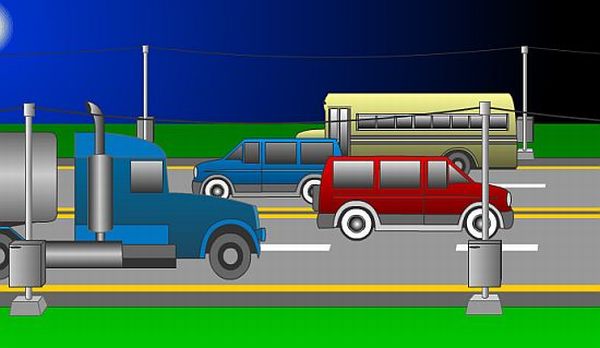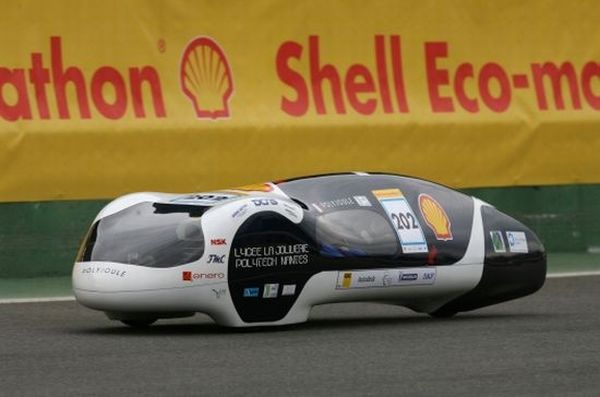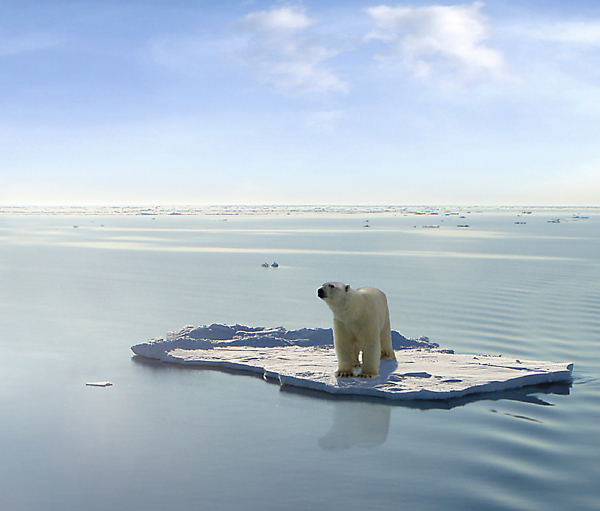
Global Warming can be described as the continuous increase in the temperature of the Earth and its water bodies. Humans have polluted the environment by means of deforestation and burning of fossil fuels, thereby increasing the concentration of the greenhouse gases in the atmosphere. Global warming would lead to extreme weather and environmental conditions such as earthquakes, drought, tsunamis and floods which would affect mankind in every possible way. People are physically as well as economically suffering from this, with many industries becoming its prey quite rapidly. Some of the industries which are being drastically affected by Global Warming are…
1. Fishing
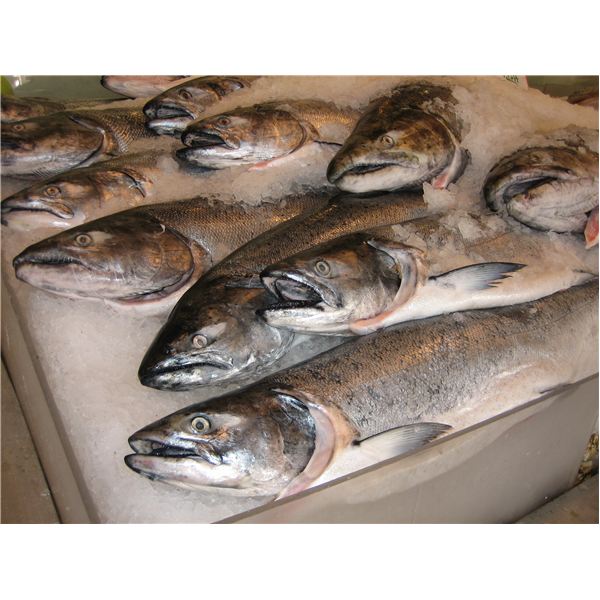
Oceans play an important role in controlling the global carbon cycle. The oceans have removed about 25% of the carbon content emitted by the humans and almost half of the anthropogenic carbon dioxide released during the starting of the industrial revolution. But now with the increase in carbon emissions the absorbing capacity of the water bodies are getting weaker, which in a drastic way has affected the fishing industry. With water becoming warmer, the fresh water fish and corals are disappearing in an alarming rate. Its has become very difficult for marine organisms like oysters and shrimps to undergo the process of calcification i.e. forming their shells. The fishes have gradually started moving northwards. The change in the patterns of rainfall and the scarcity of water in lakes has drastically affected the sustainability of fisheries and aquaculture.
2. Forestry
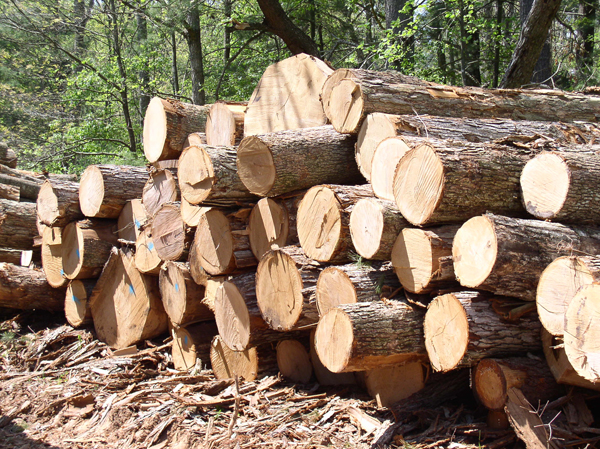
As the forestry industry comprises of both natural and managed systems it’s very hard to state with utmost precision, the effect of climatic change on it. We can only draw conclusions from historical observation, modeling results and experimental models for the time being. The trees species are expected to move to higher altitudes or northward thereby increasing productivity in the North. The concept of “carbon fertilization” shows us that the additional carbon dioxide in the atmosphere has a positive effect on plants. More consumption of carbon dioxide would lead to the production and existence of healthier trees. This, in turn would benefit the timber industry. This would lead to more production and lower price but in another sense, it is hazardous. As the prices would fall people would tend to buy more timber, thereby leading to more deforestation. Moreover, due to global warming, forest fires, storms and pest attacks would became very common leading to the destruction of the forest ecosystem. Global warming and climate change are fallouts of deforestation and thus we see that global warming and deforestation set up a vicious cycle.
3. Wine
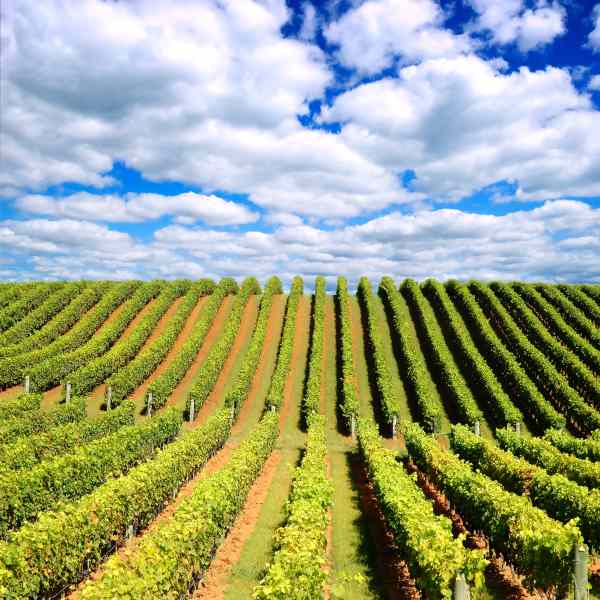
California, France and Spain are the world’s best wine hubs as wine thrives in Mediterranean climate. Now the estimations state that due to global warming, the area suitable for wineries would decrease to half and places like England would become the new heaven for wine making as they would have the perfect temperature for growing it. Though rise in temperature also helps in producing better quality vintage wines, it’s very hard for grapes to grow in the heat. Increase in temperature, low water availability and pest attacks can reduce wine production and the overall quality of wine.
4. Insurance

Insurance companies have much to fear from global warming. With the rapid change in the climate, the number and extent of natural disasters such as such as earthquakes, floods, drought, hurricanes and tsunamis would increase. It clearly means that insurance companies would have to keep paying more compensation, which in turn, means a complete loss to these companies. Many of these insurance companies have come forward to provide incentives to fight global warming, thereby trying to reduce the dangers of climatic changes on them.
5. Meat
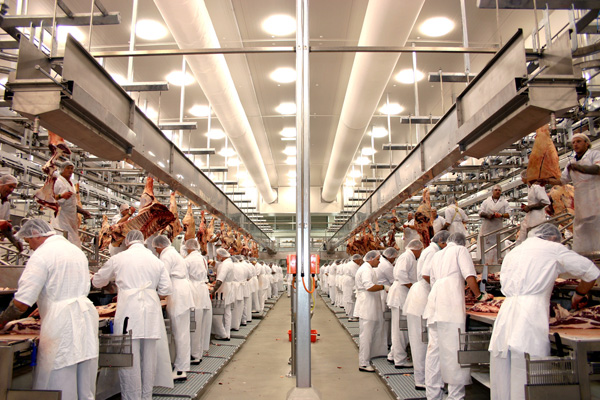
The meat industry is going to suffer highly due to global warming. This industry is responsible for the emission of 18% of greenhouse gases. Moreover, transportation of either the food for the cattle or animal itself causes pollution. Hence, the government is looking for ways to reduce pollution, which would ultimately lead to less consumption of meat, thereby causing loss to this industry.



